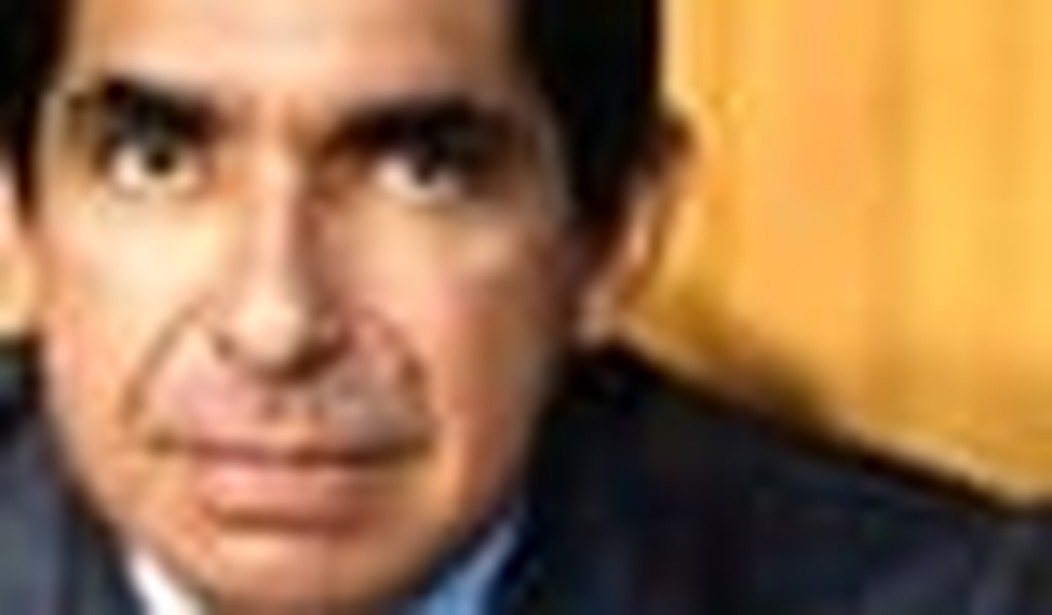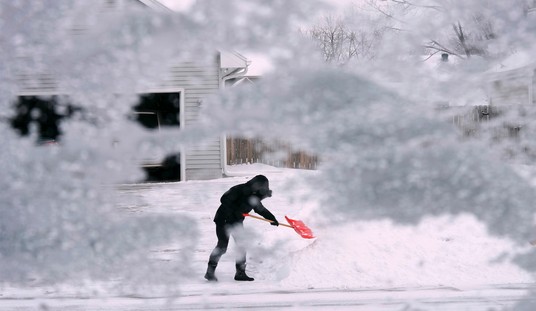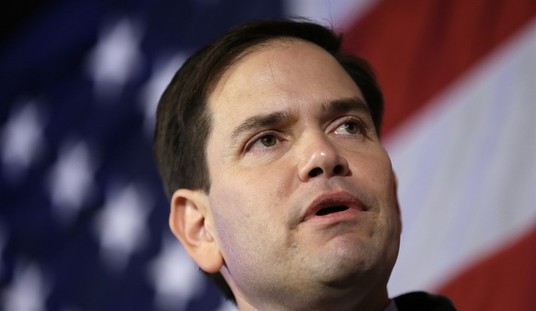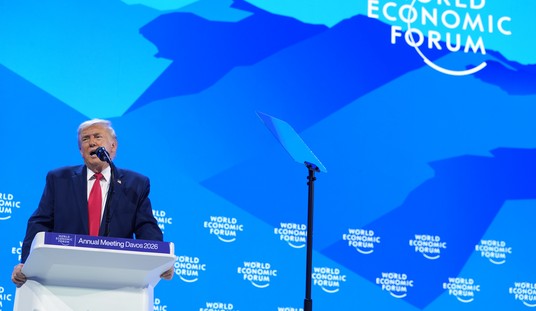Costa Rica President Oscar Arias, the principal negotiator in the “Honduran crisis,” let the cat out of the bag on September 29 by stating that the situation is due at least in part to the Honduran constitution. He called it “the worst in the entire world” and “an invitation to coups”:
It lacks an impeachment process, so I imagine the only way of calling the president to account was to oust him. … This is something that will have to be resolved, and the best way to do this is, if we can’t have a constitutional election, is to have certain reforms so this Honduran constitution ceases to be the worst in the entire world.
This strikes me as very revealing, even more so than Howard Dean’s acknowledgment that ObamaCare can’t include tort reform because the trial lawyers (big supporters of the Democratic Party) would not stand for it.
The Honduran constitution is not “the worst in the world.” There are others far worse, including that of Venezuela — now amended to permit El Presidente Hugo Chávez to remain in office indefinitely. However, even accepting Arias’ statement at face value, his belated observation that it has no impeachment process and “the only way of calling the president to account was to oust him” comes very close to an admission that removing Manuel Zelaya from office was lawful. That is pretty close to what the Congressional Research Service concluded in a report released by Congressman Aaron Schock (R-IL) on September 24.
The Arias statement is also tantamount to an acknowledgment that he himself went far beyond his proper role as a negotiator when he demanded the reinstatement of Zelaya. The demands of Arias, Chávez, Obama, et al. were demands to violate the Honduran constitution.
Arias also went far beyond his mandate as a negotiator when he asserted that since there can not be a “constitutional election” there must be “certain reforms.” Leaving aside that he offered no analysis as to why there can not be a constitutional election (one is scheduled for November 29), it was not the place of Arias or the representative of any nation other than Honduras to demand that the Honduran constitution be changed.
Nations are expected to adhere to their constitutional processes, and whether the Honduran constitution should be changed is an internal affair — not something to be based on Arias’ absurd perception that it is “the worst in the world.” There are certainly likely to be problems with the November 29 election, due currently to the return of Zelaya to Honduras and the grant of refuge at the Brazilian embassy (which is now causing domestic problems for Brazilian President Lula da Silva). The insistence of the Obama administration and Chávez that Zelaya be reinstated has certainly contributed to those difficulties, but that does not make the scheduled election unconstitutional.
The Honduran constitution could presumably be amended to provide expressly for impeachment of a sitting president; that is not one of the three types of amendments which are prohibited by it, and this should be a matter for Honduras to decide. Amending the constitution to provide an express article dealing with impeachment is not what Zelaya was trying to do, and it is not what got him removed as president. He was trying to change it to permit successive terms as president, which the constitution specifically prohibits. That is one of the three constitutional provisions expressly forbidden to be changed.
Meanwhile, things are getting hot in Brazil. The government is facing rising criticism at home over its handling of the Honduran crisis, as senior lawmakers accuse it of allowing the ousted president to use its embassy as a political platform. Zelaya has virtually taken over the embassy with dozens of supporters and has given numerous interviews to foreign and domestic media. His sudden return from exile a week ago triggered violent protests in Tegucigalpa and placed Brazil at the center of the Honduran power struggle. Government and opposition legislators in Brazil’s Congress have urged Lula to curtail Zelaya’s political engagement in the embassy. Eduardo Azeredo, head of the Senate foreign relations committee, told reporters:
Zelaya’s political activities are unacceptable. They weaken Brazil’s position and international image.
Brazil’s major newspapers have run critical editorials and almost daily caricatures, mocking Lula’s perceived leniency with Zelaya. Conservatives are upset that Brazil may have been put into this bind by Chavez, a fellow left-wing leader and supposed Lula ally. A front-page caricature in Tuesday’s O Globo newspaper showed Lula, Chavez, and Brazil’s Foreign Minister Celso Amorim singing Zelaya a lullaby as he dozed under his signature cowboy hat, with boots propped up on a chair in his embassy refuge.
In an editorial, O Globo said it was “deplorable that Brasilia allowed itself to be entangled in a Chavez trap.”
It is no less deplorable that the United States, the OAS, the UN, and most nations have done the same.
The unexpected but correct statements of Oscar Arias that Honduras’ constitution does not provide for impeachment and that “the only way of calling the president to account was to oust him” puts into stark focus the mess that Brazil has got herself and Honduras into by granting Zelaya refuge.









Join the conversation as a VIP Member